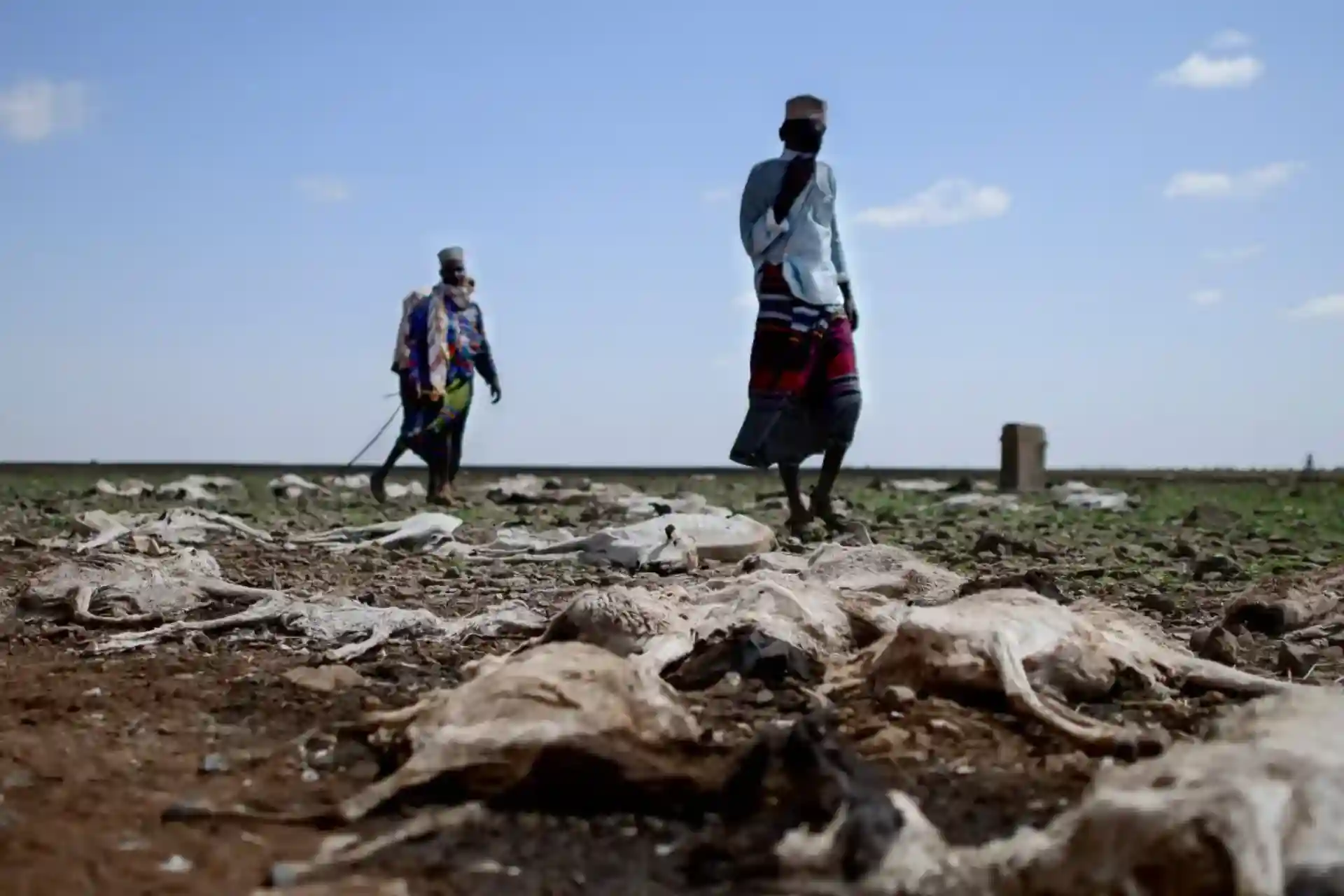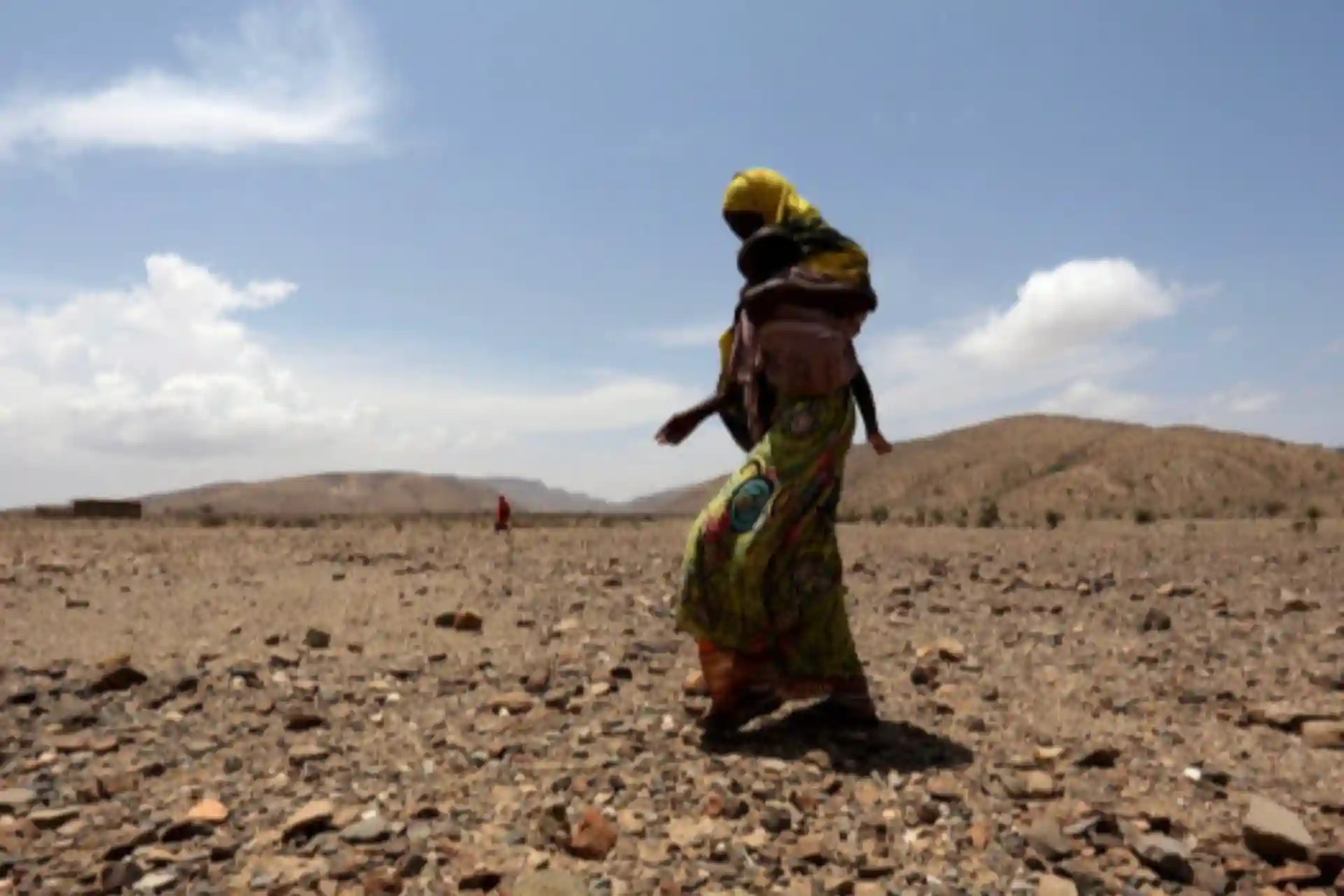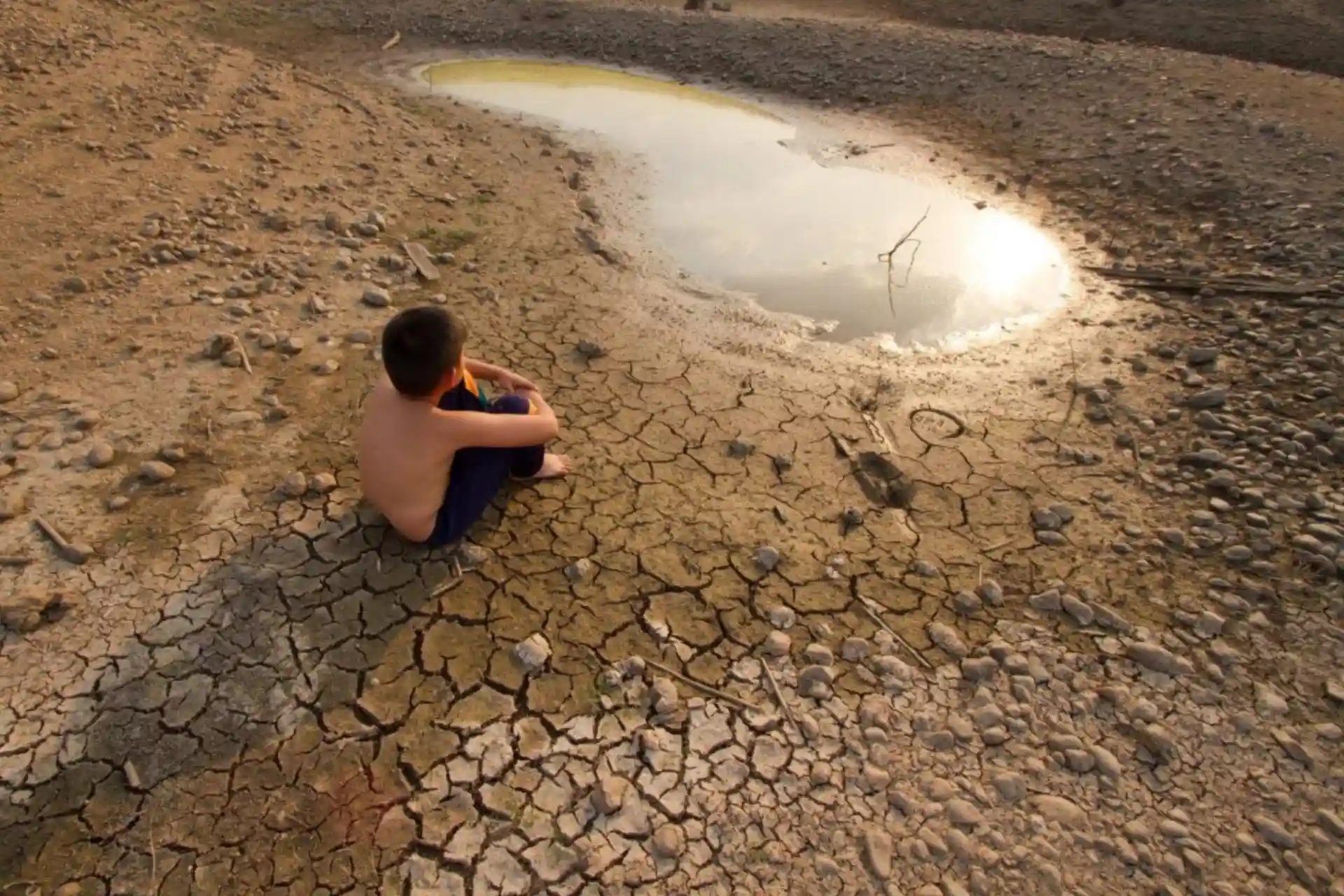Health threats from climate change have reached record levels
According to the JSSI report, 10 of the 15 indicators that indicate the health threats of climate change have set new records . Last year, there were 50 more days of extreme temperatures than normal, and severe droughts affected 48 percent of the global land area.
Threats to human health have reached record levels due to the rapidly changing climate around the world.
Developed in cooperation with the World Health Organization (WHO) , 57 scientific institutions and The Lancet health and climate change report, put forward by 122 leading experts from the UN and the World Meteorological Organization, has been published .
According to the report, 10 of the 15 indicators that global research shows the health threats of climate change set new records.
2023 was the hottest year on record , with persistent droughts, devastating heat waves, and devastating wildfires, hurricanes, and floods that have had an extraordinary impact on human health, lives, and livelihoods. Last year, there were 50 more days of extreme temperatures than normal, and severe droughts affected 48 percent of the global land area.
Heat-related deaths among people over 65 rose a record 167 percent last year compared to levels in the 1990s .
Rising temperatures have resulted in the loss of 512 million potential workforces, while people around the world are experiencing record levels of heat stress during light outdoor exercise such as walking or cycling. This loss is 49 percent higher than the 1990-1999 average and corresponds to an economic volume of $835 billion.
Over the past 10 years, 61 percent of the Earth's surface experienced an increase in extreme precipitation events compared to the 1961-1990 average. This increased the risk of flooding, infectious diseases and water pollution. In parallel, frequent heat waves and droughts will cause more than 151 million people in 124 countries to face severe food insecurity in 2022.
Thus, the total annual cost of economic losses caused by extreme weather events in 2019-2023 is estimated to reach 227 billion dollars.
A rapidly changing climate has also increased the likelihood of the spread of deadly mosquito-borne diseases. More than 5 million dengue cases were reported in more than 80 countries last year , the highest number in history.
The report shows that government and company investment in fossil fuels is at an all-time high, leading to a corresponding increase in emissions and losses. Last year, the volume of carbon dioxide emissions from the energy sector increased by 1.1 percent compared to 2022, reaching the highest level in history.



